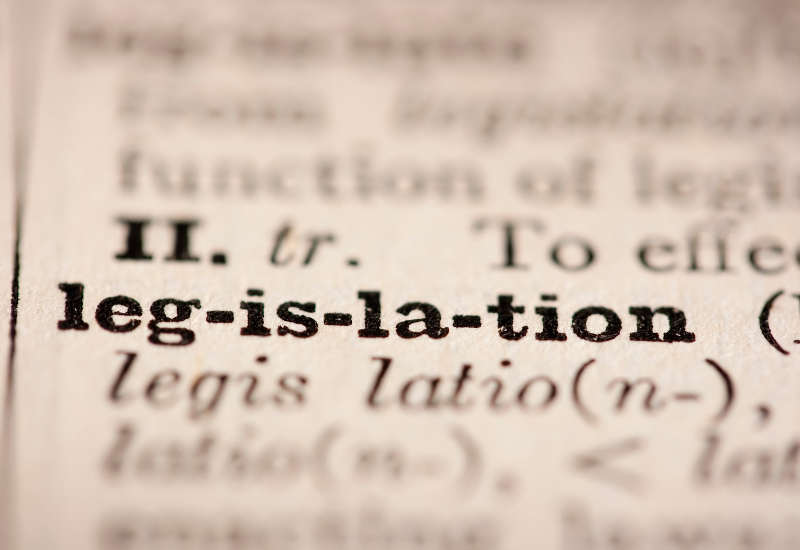- 21 Feb 2025
- •
- 3 min read
Providing information to the Charity Commission: Understanding the criminal offence under Section 60

Charities are required to maintain transparency and integrity when dealing with the Charity Commission. Under Section 60 of the Charities Act 2011, providing false or misleading information, whether knowingly or recklessly, is a criminal offence. This article explores the legal framework, penalties and real-world implications of Section 60.
While proceedings under Section 60 are rare, a recent case involving the charity Sikh Youth UK demonstrates its significance in practice. Two trustees, a brother and sister, were convicted after misusing charity funds and providing false information to the Commission.
One trustee was sentenced to 2 years and 8 months in prison for theft, money laundering and supplying false information. Her brother received a 4-month sentence, an 18-month suspended jail term, and 80 hours of unpaid work for misleading the Commission under Section 60.
What is the Legal Framework
The Charities Act 2011 sets out clear guidelines to ensure transparency and accountability within charitable organisations. Under Section 60, the following actions constitute an offence:
- False or Misleading Information: It is an offence for any person to knowingly or recklessly provide false or misleading information to the Commission if:
- The information is provided in purported compliance with a requirement imposed by or under this Act.
- The information is provided in circumstances where the person intends or could reasonably be expected to know that it would be used by the Commission for discharging its functions under this Act.
- Document Alteration or Destruction: It is also an offence to wilfully alter, suppress, conceal, or destroy any document required by the Commission.
- Penalties: Offenders can face severe penalties:
- On summary conviction, a fine not exceeding the statutory maximum.
- On conviction on indictment, imprisonment for up to 2 years, a fine, or both.
Applicants submitting information to the Charity Commission are reminded that non-compliance with Section 60 is a criminal offence. Trustees should take particular care to ensure accuracy and transparency when providing information or documentation. Trustees must ensure that any information submitted to the Commission is accurate and complete to avoid unintentional breaches.
Implications for Charity Governance
This case serves as a stark reminder of the consequences of failing to uphold transparency in charity governance. To mitigate risks, charities should.
- Implement robust internal controls to verify the accuracy of financial reports and regulatory submissions.
- Provide trustee training on compliance requirements and legal responsibilities.
- Maintain thorough record-keeping to ensure all documentation is accurate, complete, and accessible for regulatory review.
- Seek legal advice when unsure about the accuracy of information provided to the Charity Commission.
By adhering to stringent governance practices and fostering a culture of transparency, charities can work to safeguard their missions and maintain the trust of their supporters.
This case also emphasises the role of regulatory bodies like the Charity Commission in upholding standards and protecting the interests of both donors and beneficiaries. As charities navigate complex legal landscapes, they must remain committed to ethical practices and continuous improvement in governance.
For further information, contact our Charities team on 0800 2800 421.

Disclaimer
This information is intended for general informational purposes only and does not constitute legal advice. We recommend seeking professional advice before taking any action on the information provided. If you would like to discuss your specific circumstances, please feel free to contact us on 0800 2800 421.













